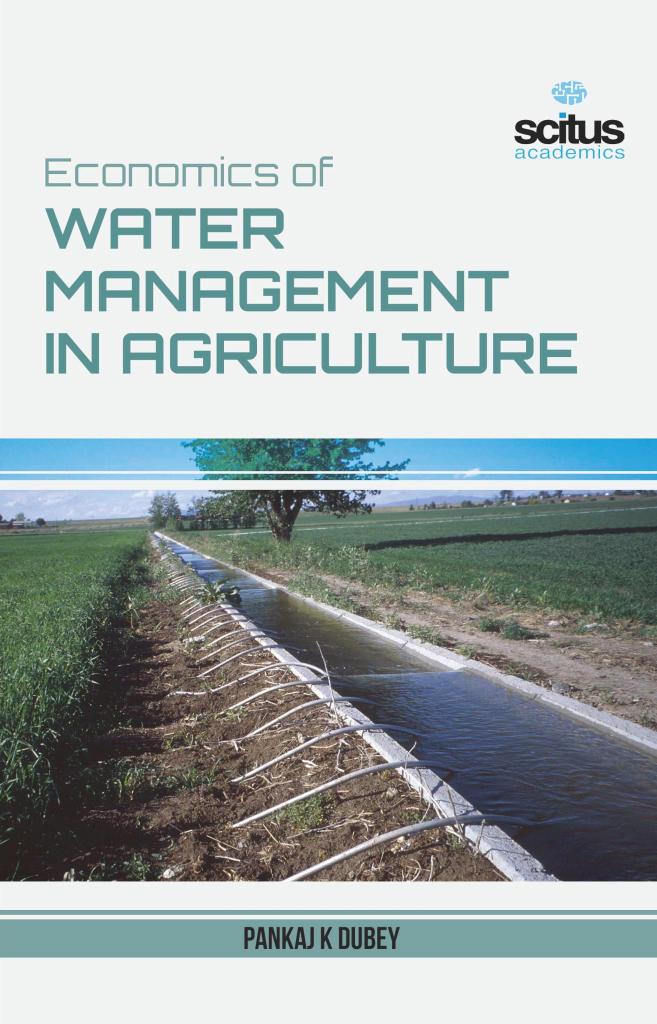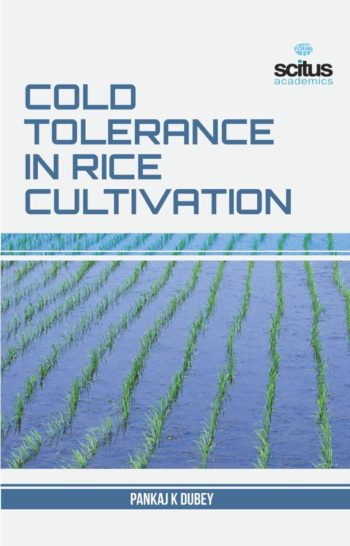This book outlines the current trends in the economics of water management in agriculture. It also addresses some of the most relevant current and perspective issues for the water policy offering a wide variety of innovative approaches and original and relevant cases.
Water management is the management of water resources under set policies and regulations. Water, once an abundant natural resource, is becoming a more valuable commodity due to droughts and overuse. Irrigation can improve crop production, reduce yield variability, and increase profits. But choosing and buying an irrigation system are both expensive and complex. When considering investing in an irrigation system, farmers must keep in mind several major factors: financing, crop mix, energy prices, energy sources, commodity prices, labor availability, economies of scale, the availability of water, savings in field operations, the system’s application efficiency, the operating pressure of the design, and the depth from which the water must be pumped, or pumping lift.
It reports recent economic research on the theory, practice and policies of water management and investigates problems on the economics of water management in an agricultural context. Specific case studies, methods and techniques in water management are also considered.













